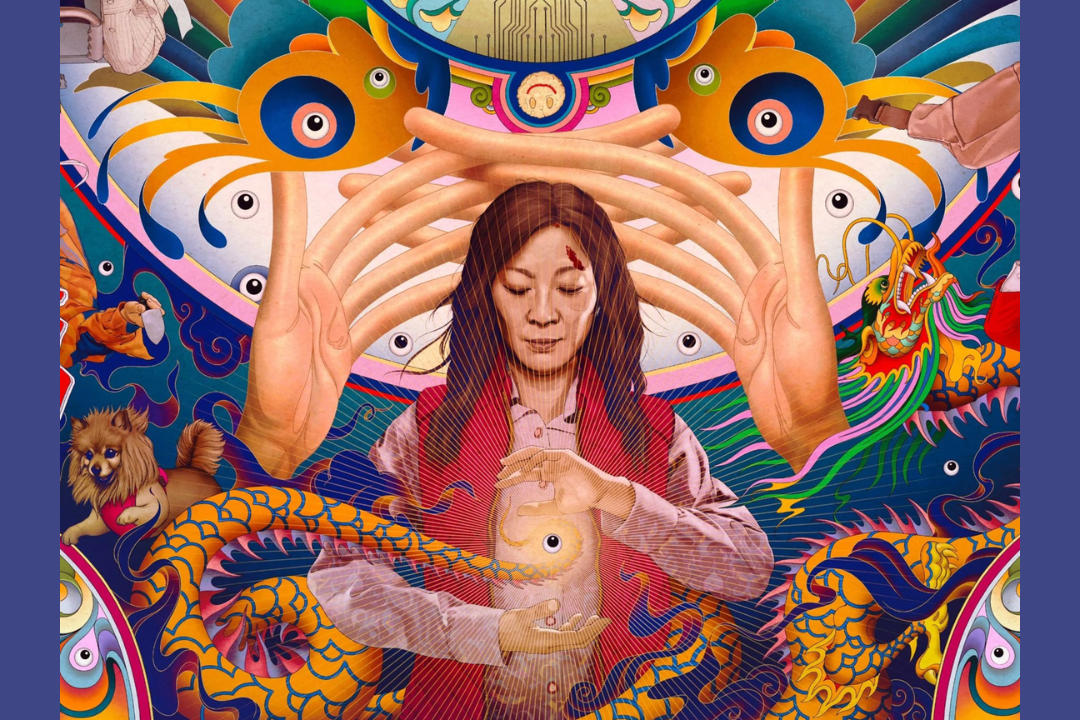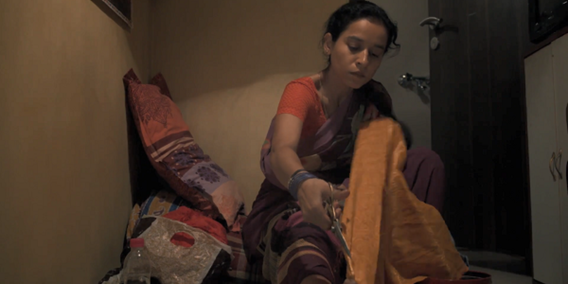Unless you’ve been living under a rock, you’d know that ‘Everything Everywhere, All At Once’ has been getting a lot of red carpet hype (and for good reason)! So, of course, I had to go watch the multiple Academy Award winner. But here’s the thing. I couldn't help but also watch it from a lens of mental health and see how familial patterns play out through various generations in the film.
Now, when you look at the relationship between the mother, Evelyn, and her daughter, Joy, you see the complexities of how love can be defined so differently for two people. For Evelyn, love meant protecting her daughter from making the wrong choices and from everything that could go wrong in her life. But for Joy, this meant living without freedom where she was not accepted for her choices.
For Joy, love meant acceptance. Something she had always tried to find.
The movie also shows Evelyn’s complicated relationship with her own father, Gong Gong. Evelyn's father disowned her as a child because she ran away with her husband who was not approved by her family. Growing up, she always thought she had to live up to his expectations and lacked the freedom in making choices of her own. She eventually decided that the only way she could live her life freely was if she ran away from the rigid beliefs of her parents.
You can see how she tries to protect Joy and operates out of her own anxiousness because she wants to be a better parent, but at the same time, this love is received as entrapment where Joy may lack freedom of choice. Now, I know it's not that simple.
Culture plays a HUGE role in our upbringing and our values. Asian culture has often resorted to authoritarian and disciplinary parenting and the system focuses on inducing fear when it comes to teaching disciplinary habits. This movie very beautifully portrays the intergenerational cycle of culture that runs within us. It showed us the struggle of gaining control over our lives as well as making life choices that are for ourselves, ones that are not suppressed by our caregivers. We find ways to regain that autonomy and make choices we didn't know we could. Just as is in the case of the movie, where Joy just wants her mother to accept her and her girlfriend. In a case of history repeating itself, Evelyn too, wanted her father to accept her husband, Waymond.
The movie also constantly showcases the theme of fear; the fear of living in different time zones, possibilities, and regrets. But the one that also stood out to me was the fear of being a bad mother. Her fears of things not going her way in life and wanting the best for her daughter made her dictate a lot of her daughter's decisions. This fear also (rather unfortunately) ended up creating distance between the mother and her daughter's relationship.
The inability of parents to see beyond their control makes their children run away and fall into a deep hole; a spiral of self-doubt, guilt, and sadness…
…no spoilers here, but very much like the ‘everything’ bagel.








